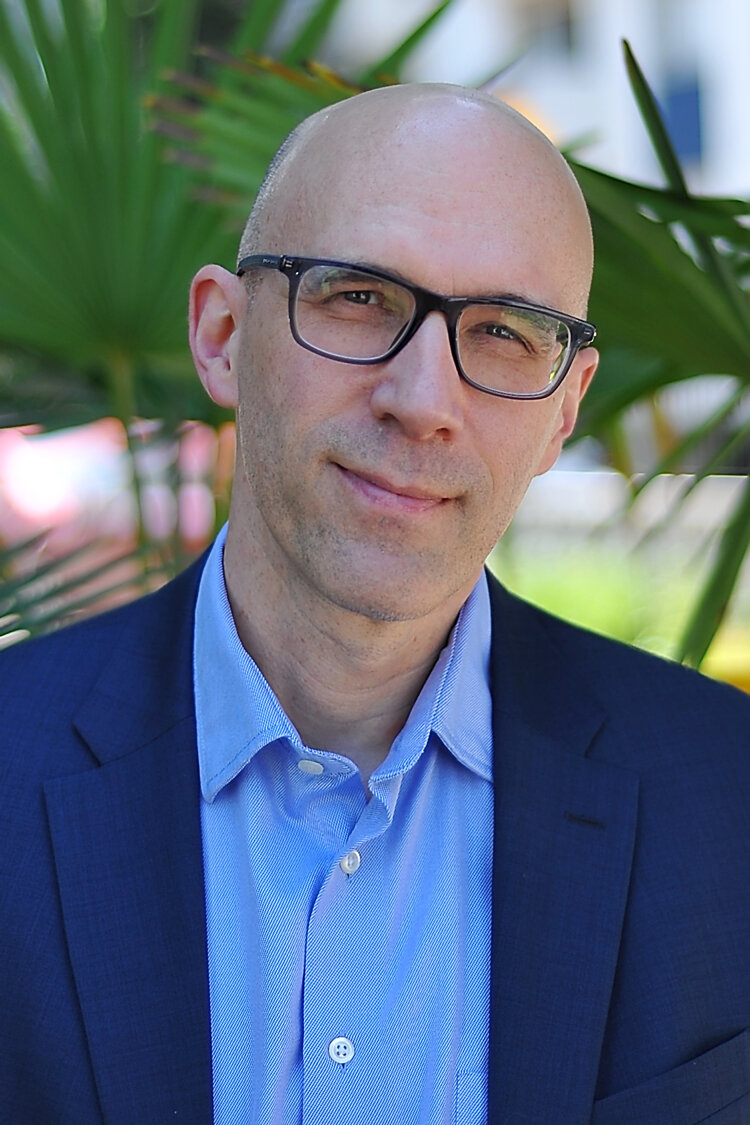
The Impact of Job Cuts on Your Work: Part II
Last month, in this column, I wrote about the impact of job cuts on your work. I also asked for your anonymous, written responses to a single survey question:
Since the mass job cuts in May, what has the impact been on your workload and other aspects of your position?
I’d like to thank you for the time you took to respond: your responses help us advocate for you to the senior administration and other leaders at SFU. In a phrase, your responses help us help you.
Unfortunately, there were a few unsettling themes that emerged from your responses:
- Workload issues:
Too many of you reported doing more than one job’s worth of work since the job cuts began this spring or even prior, as a result of the hiring freeze. I read reports of APSA members doing two or three times the work of one person or being given leadership duties for additional teams whose work you are unfamiliar with.
- Stress:
Too many of you reported feeling very stressed, demoralized and even hopeless in terms of furthering your career at SFU. Too many of you reported fearing burnout is just around the corner. Too many of you felt badly that you’ve had to halt innovation and related projects just to keep up.
- Pressure not to claim overtime:
There were reports of members being given extra workload and being told to accomplish all their additional duties in a 36-hour work week. There were reports of pressure, often implicit, not to claim overtime or even time in lieu. Too many of you reported not claiming overtime for fear that “you might be next” if further layoffs happen.
- Reduction of hybrid days:
This seems to be an emerging theme across campus, and many of you have noted this concern both in this questionnaire and in reports to the APSA office.
- Fear of performance management:
Too many of you reported that you fear being performance managed for not being able to keep up with the additional workload or in the performance of additional duties outside of your expertise.
What to Do: My Advice
I found myself upset reading many of your sometimes heartbreaking responses, and naturally, my team and our volunteers very much want to assist you. If you need individual help for a confidential consult, please do reach out at your convenience. As I say in each of my meetings with members, we don’t act on what you tell us without your express consent. The information you provide remains confidential to you and APSA — we don’t work for the University, we’re not salaried by the University, we work for you.
Now, if you prefer to address your situation on your own, that’s okay, too. I have some suggestions for your consideration.
- Workload issues: Ensure you're diarizing your extra workload and what you are reasonably able to accomplish and what you are not. Ensure you are reporting this to your supervisor, preferably in writing following verbal reports.
- Stress: Do take advantage of SFU’s Employee Family Assistance Program if you need it. Do also remember that you can see a registered clinical counsellor or psychologist with your Pacific Blue Cross benefits to a cap of $2,000 a year. You can also use your professional development funds for workplace coaching. I recommend the brilliant folks at The Neutral Zone. If you use your PD funds for workplace coaching, ensure that this is okayed by Human Resources prior to getting the workplace coaching. If you need medical advice, do see your physician or other healthcare provider.
- Pressure not to claim overtime: I don’t recommend working extra hours for free or pressuring your reports to work extra hours for free. If you’re working extra hours, keep good personal records of having done so. I also recommend familiarizing yourself with the Employment Standard Act regulations on overtime, averaging agreements and so on. A little later, I’ll be sending further information to the membership about overtime issues.
- Reduction of hybrid days: Even in the twenty-first century, I find that there’s an unspoken bias in workplaces about being physically present for work. It goes something like, “If I can see you, you must be working. If you’re at home, maybe you’re doing laundry instead of working...”
Of course, there are other reasons for reduction in hybrid days, specific to given units and I don’t mean to discount those dynamics. In my experience, speaking to many of you doing hybrid work, I have yet to encounter someone who doesn’t bring the same work ethic to their home office that they do to their SFU one. Still, it’s important to let your leadership know how hybrid days improve your productivity and well-being. I recommend doing so verbally and in writing.
- Fear of Performance Management: This goes along with my advice in A. Workload issues. Document your extra duties, document what is outside your area of expertise, request training for the latter in writing. Ensure that you’re letting your supervisor know what you can reasonably accomplish and what you cannot. Follow this up in writing. An email trail is very helpful to defend yourself if you need to at a later date. If you receive a directive along the lines of “just do it all,” let your supervisor know that that isn’t likely to happen. Seek their guidance on what to prioritize and what to not prioritize.
Again, please do contact us if you need further help or things are just too difficult to manage.
